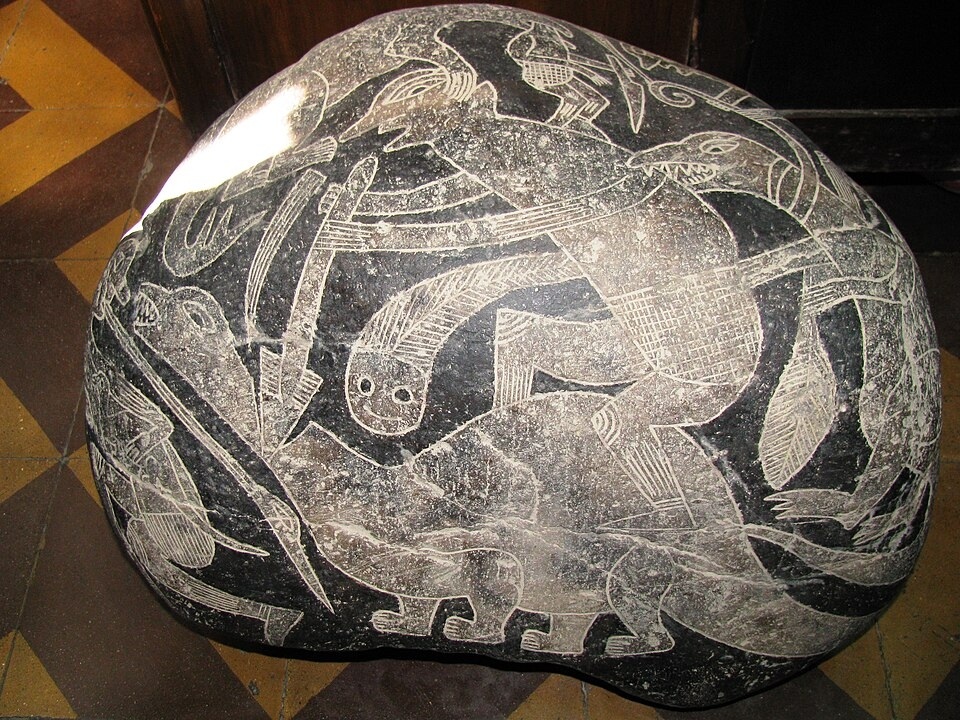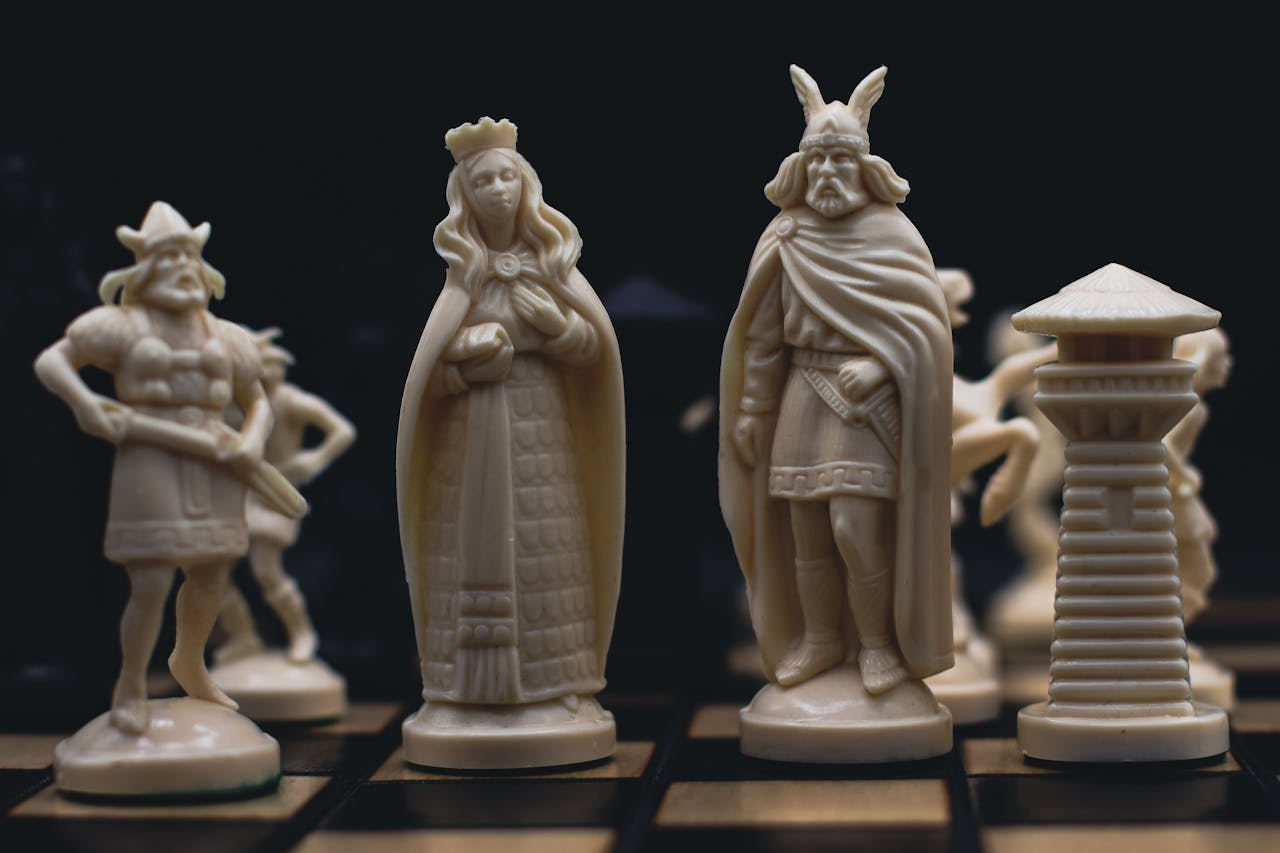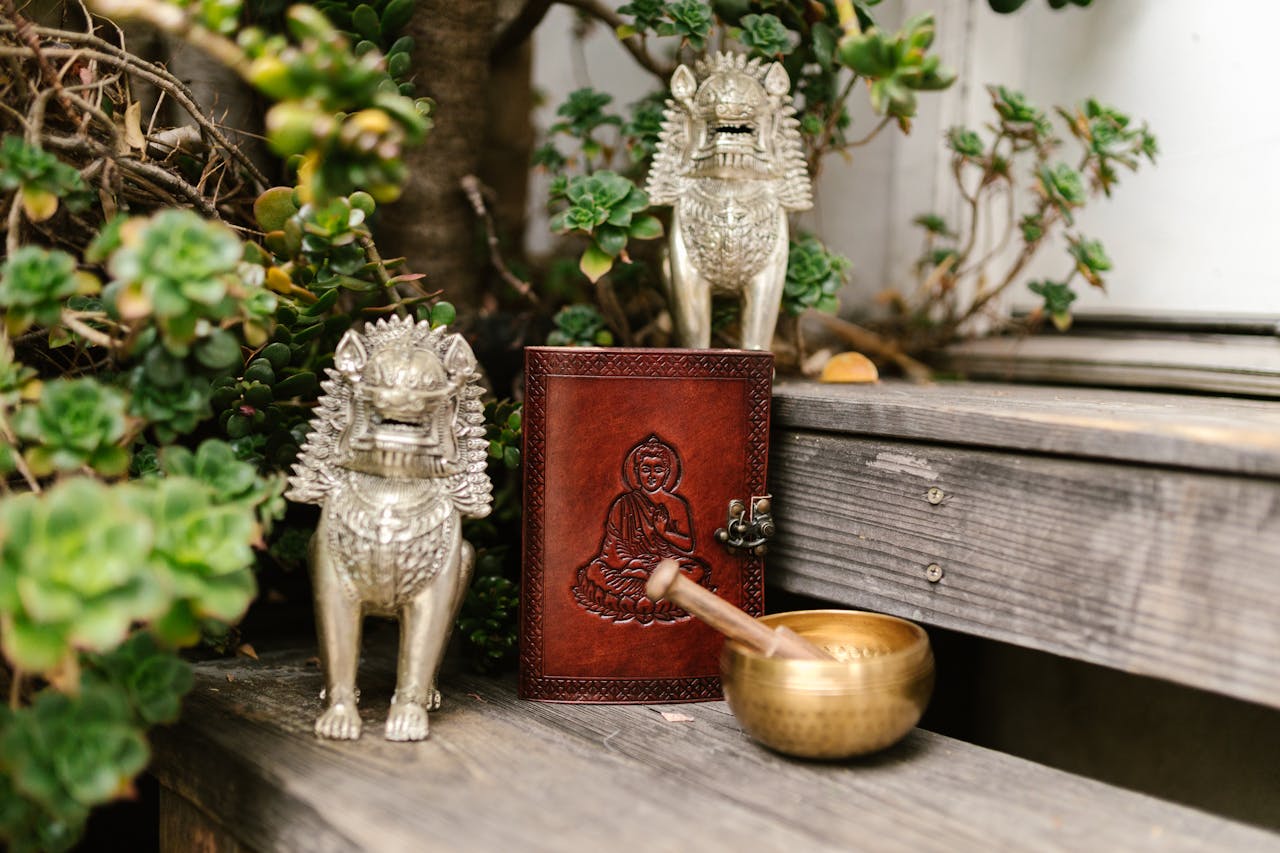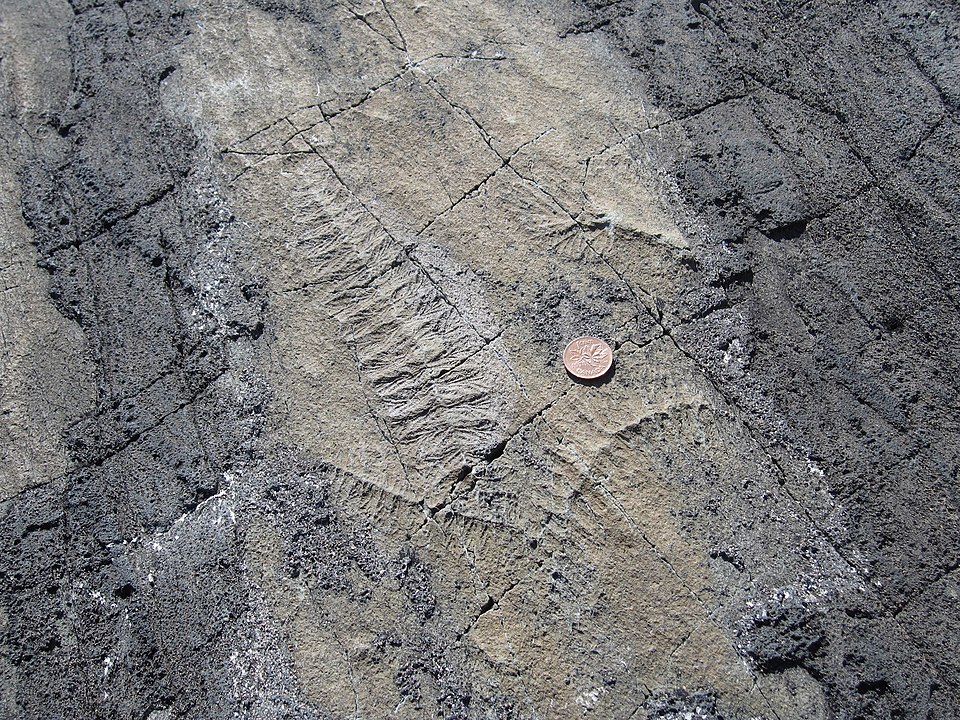Collecting feels harmless on the surface. A pretty feather, an old shell bracelet, a relic from a hike, or a quirky antique from an estate sale can seem like nothing more than conversation pieces. What many people never see is the web of laws behind those objects, written to protect wildlife, fragile landscapes, and cultures that have already lost too much. Once money mixes with memory, something shifts. The line between a keepsake and a crime scene gets surprisingly thin.
Bald Eagle Feathers and Parts

The bald eagle feels like a symbol that belongs to everyone, yet federal law treats every feather as serious business. Without a permit, even a shed feather found on a hike is off limits to keep illegal hunting in check. Only members of recognized tribes can request eagle parts for ceremonies, and they do so through a national system, not weekend trade or casual listings.
Classic Kinder Surprise Eggs in the United States

To most people, a chocolate egg with a toy inside looks like a nostalgic treat, not contraband. In the United States, the classic version is banned because federal rules do not allow non food items to be fully enclosed in food. Customs officers still seize thousands of these eggs every year. The candy looks innocent, but safety laws and old cases of choking have permanently changed how this product is allowed to exist.
Sea Turtle Shell Jewelry and Leather

That glossy tortoiseshell hair clip or bracelet in a beach market may actually come from endangered sea turtles. International and national laws treat real turtle shell as protected material, so buying and selling it can directly support poaching. Tourists sometimes try to bring these pieces home as souvenirs and lose them at customs along with a hefty fine. What seems like a fashionable accessory often starts with a dead animal on a quiet shore.
Looted Artifacts from Public Lands

Pocketing a pottery shard or an arrowhead from a hike might feel like preserving history, yet it usually erases it. On many public lands, archaeology laws ban digging, metal detecting, and artifact collecting without a proper permit. Once objects are removed, the story of where they lay and how they relate to each other is gone for good. Over time, casual collecting and black market sales can strip entire sites down to bare rock.
Shipwreck Treasure from Protected Wrecks

Old shipwrecks off the coast sound like open invitations for adventure, but many are legally treated as underwater graves or historic sites. Governments often claim ownership of wrecks tied to naval history or major disasters, and that status blocks private salvors from selling recovered artifacts. Unauthorized dives that grab coins, bottles, or fittings can lead to seizure and long court battles. The romantic image of a treasure chest hides a strict legal reality.
Elephant Ivory Figurines and Trinkets

Ivory carvings once filled display cabinets and antique shops as symbols of wealth and travel. Now, most countries sharply restrict or ban the trade of elephant ivory to slow relentless poaching. Even older items can be risky if the seller cannot prove age or legal import. In some regions only tiny inlays in truly antique pieces are allowed. Many dealers refuse ivory entirely, treating it as a line that is no longer worth crossing.
Migratory Bird Nests, Eggs, and Feathers

A spotted eggshell or colorful feather on the ground can be hard to resist, but keeping it may break the law. For many migratory birds, protections extend to nests, eggs, and feathers specifically because collecting once pushed populations toward collapse. The rules look strict on purpose, stopping both casual hoarding and large scale trade in decorative bird parts. The safer option in many countries is to admire these finds, take a photo, and walk away.
Sacred Indigenous Cultural Objects

Masks, ceremonial bundles, and funerary items that appear in antiques markets often have painful histories attached. Modern laws and repatriation agreements treat many of these objects as items that were never meant to be sold in the first place. Buying or dealing in them can violate both statutes and community protocols. Museums and private collectors are increasingly returning such pieces, recognizing that some cultural heritage belongs back with the people who created it.
Human Organs for Transplant

Organ donation saves lives, but it is built on the idea of gifts, not paychecks. In many countries, laws prohibit buying and selling human organs for transplant in order to protect vulnerable people from being pressured into dangerous surgery. Attempts to create commercial markets have been widely rejected by medical communities and regulators. When money enters the equation, exploitation and unsafe procedures tend to follow, so legal systems keep the door firmly shut.
Fossils Collected Illegally from Federal Land

Dinosaur bones and dramatic fossils often sell for high prices, which makes public land a tempting target for illegal digging. In many regions, vertebrate fossils on federal or national land belong to the public and can only be collected under research permits. Even common fossils gathered casually may not be sold legally if they came from these protected areas. Auctions have been halted and specimens repossessed when their origin turned out to be an off limits hillside.


